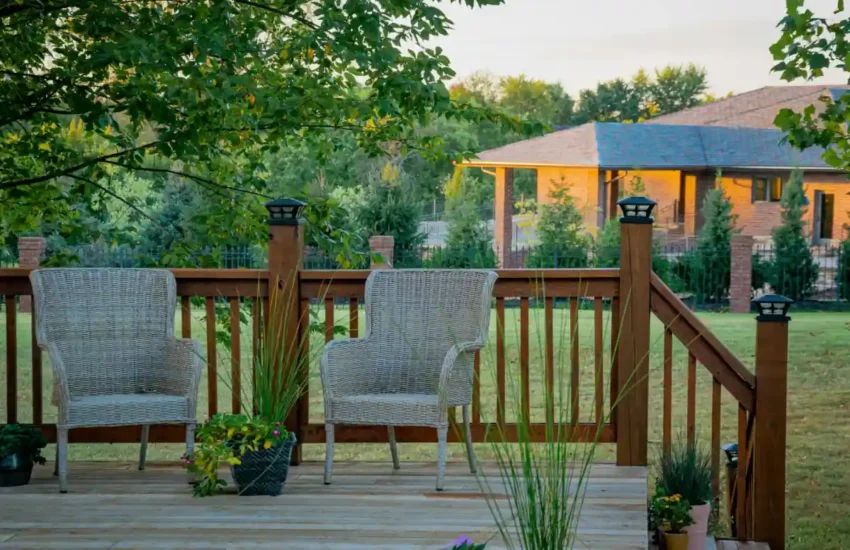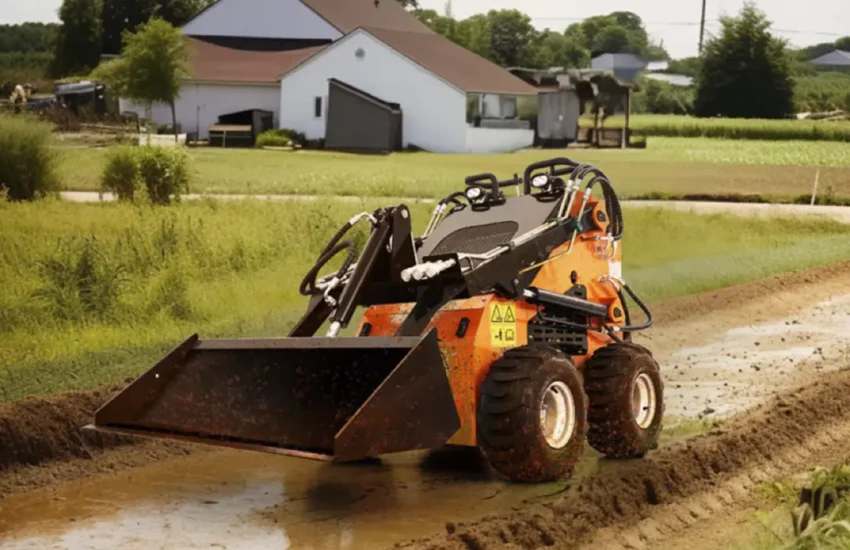What Is the Importance of Regular Pool Maintenance – A Guide for Homeowners
If you have a pool in your home, you know regular cleaning is necessary. It helps keep your pool safe and ensures clean and inviting water.
Maintaining a pool is an investment and should be treated with the care and respect it deserves. The weekly maintenance done by pool technicians will save you time and money in the long run.

Keep the Water Clean
Clear, clean pool water is essential for a safe and enjoyable pool experience. In addition to being visually appealing, a clean pool will help prevent damage and keep your family and friends healthy and safe.
Regular pool maintenance is the best way to ensure your swimming pool stays in good shape for years.
Maintaining Water Chemistry
Pool chemistry is important because it affects how efficiently your sanitizer works. Regularly check your water’s pH, total alkalinity, and calcium hardness levels to ensure everything is balanced.
Chlorine Levels
A well-maintained pool should have chlorine levels that are safe amount for swimming. Too little chlorine can cause skin irritation, and too much can be toxic to your family and pets.
Testing your water chemistry weekly will help you keep your pool water at its optimum. This will save you money in the long run by preventing unnecessary chemicals and refills.
Prevent Damage
Your pool is one of the many ways to enjoy your home with family and friends. But it requires regular maintenance to keep the water clean and safe for everyone to swim in.
The water should be free from algae, mold, and other debris that can damage or make the tiles unattractive. You can help by scrubbing the tiles, vacuuming the pool, and brushing the walls to keep your pool looking its best and prevent leaks.
It’s simpler than you would imagine keeping a pool clean and damage-free with the help of a leak detection company. The task can be completed with some planning and the appropriate equipment.
The most important thing is to follow a routine and check the pH level of the water every week. A proper pH of 7.2 to 7.8 will help ensure your pool is properly sanitized and safe for use.
Prevent Algae
Using pool chemicals regularly can help prevent algae from growing and staining your pool. It also helps keep your pH and total alkalinity levels balanced.
Maintaining the right chemical balance is key to extending your pool’s lifespan. Typically, you’ll need to test your pool’s pH and chlorine levels twice a week during the summer and once in the winter.
Use a hand skimmer to remove leaves and other debris from the surface of your pool at least once a week. This will keep your water circulation system running properly and ensure a clean pool.
Another important part of swimming pool maintenance is vacuuming the pool at least once a week. It’s like vacuuming your carpet, but you must move the pool vacuum back and forth across the water’s surface to cover all areas.
Prevent Insects
B bugs can be a problem in your pool, but you can stop them from entering the water. You may do this in a few different ways, which will help you extend the life of your pool.
First, keep your filter clean. This is important because algae and vegetation can clog the filter, causing less circulation in the pool.
Second, mow your grass regularly and remove weeds when needed. Also, trim your trees and bushes when needed.
Third, use a natural insect repellent to kill the insects. Mix a solution of dish soap and water in a spray bottle. This will make the water so slippery that the insects can’t swim in it.
Keeping the landscaping around your pool and backyard tidy, mowing your lawn, and having your trees and bushes trimmed will prevent insects from hanging out in the area. In addition, planting strong herbs like rosemary and garlic will deter insects from coming to your property.


